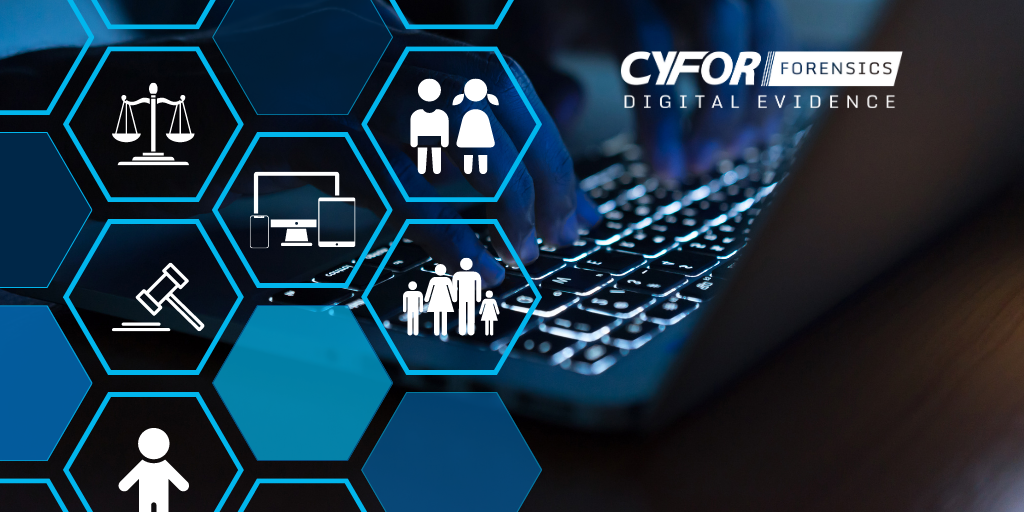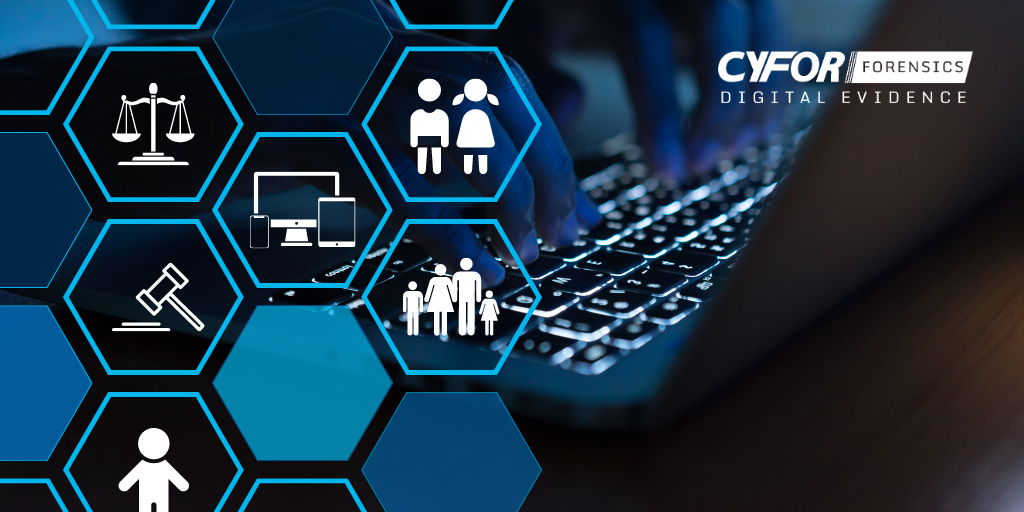The Role of Digital Forensics in Care Proceedings

The Role of Digital Forensics in Care Proceedings

Child care proceedings can be emotionally charged and complex, requiring thorough digital forensic investigations to ensure the safety and well-being of the children involved.
As our society becomes increasingly reliant on digital technology, digital forensics has emerged as a critical tool in determining the truth behind allegations and providing crucial evidence in childcare cases. In this blog, we explore the significance of digital forensics in childcare proceedings and how it aids in the pursuit of justice and child protection.
Understanding Digital Forensics
Digital forensics is the process of recovering, preserving, and analysing electronically stored information (ESI) from various digital devices, such as smartphones, computers, tablets, and social media accounts. The goal is to extract relevant information that can serve as admissible evidence in legal investigations and proceedings, often resulting in expert witness testimony in court. Digital forensics is used in many different types of investigations that involve electronic devices, particularly criminal law, however, family law matters are no exception to its application.
The Impact of Digital Footprints
In today’s digital age, almost every aspect of our lives leave behind a digital footprint. Digital footprints encompass a wide range of activities, such as communication via messaging apps, social media interactions, browsing history, and location data from smartphones. Analysing these digital footprints and the subsequent retrieval of digital evidence can provide the evidence required for family law matters.
Digital Evidence in Family Law Matters
Year after year, our experts have seen a considerable increase in the requirement for digital forensics in care proceedings and the retrieval of vital evidence. With people spending countless hours on their mobile phones and social media, this is not surprising. We are seeing more requests for the preservation of social media accounts, along with personal email accounts and cloud-based storage sites.
One of the challenges that must be overcome within an investigation is getting the physical handsets surrendered by clients. When we do, it is often the case that data has been deleted, the mobile device factory reset or a different device is handed over to us for examination. It is in this instance that digital forensics in childcare proceedings cannot be underestimated. There are numerous sources where data can reside and it’s critically important to identify them. Determining the type of electronic device that needs to be preserved and examined is the primary step of the digital forensic process. Typical electronic devices include smartphones, tablets, and computers.
A digital forensics expert will ask what type of devices are involved in the matter so that an accurate quotation for timings and costs can be provided, as well as an overview of their forensic capabilities with that type of device.
Is the device in question a smartphone or a tablet? What is the make and model? Is it a Samsung device running the Android operating system or is it an Apple iPhone running iOS? Is a computer involved, and if so, what type? Windows or Mac operating system?
With these specific details in hand, a digital forensics expert will be able to better understand the support they can provide for the device and what data can be recovered and extracted.
Digital Evidence in Childcare Proceedings
There can be gigabytes, even terabytes of data on computers, smartphones, and tablets. So, what types of data are commonly requested in family law investigations?
The most sought-after data in family law cases is communications between parties. This can include SMS and MMS text messages, call history, emails, third-party app messages (WhatsApp, Facebook Messenger, Snapchat, etc.), and voicemails. On smartphones, communications can make up the majority of the stored data. It’s not uncommon to see several thousand to hundreds of thousands of messages on an individual device.
The extracted data from a device is also dependent on the support for the device and the specific messaging application. In some cases, data from unsupported messaging applications may not be extracted. Therefore, it is important to know what type of messages are being sought.
In cases where ephemeral messaging applications are used, message data may not be stored on the device at all or for only very short periods of time. Ephemeral messages are ones that disappear after being read. Some applications such as Snapchat and Instagram’s messaging features make use of this.
Expert Testimony and Presentation of Findings
Digital forensics in care proceedings can play a crucial role. An expert can not only uncover relevant evidence but also present their findings in a clear, understandable manner to legal professionals and the court. Simplifying complex technical details for non-experts ensures that the evidence is properly considered and understood by all parties involved.
Conclusion
Digital forensics in care proceedings has become indispensable, especially in the digital era that we now live in. It empowers legal professionals to uncover critical evidence, establish patterns of behaviour, and ensure the safety and well-being of children. As technology continues to evolve, the role of digital forensics in safeguarding children and seeking justice will only grow in importance, reaffirming its position as a valuable tool in childcare proceedings.
Call us today and speak with a Forensic Specialist
Send an enquiry to our experts
After submitting an enquiry, a member of our team will be in touch with you as soon as possible
Your information will only be used to contact you, and is lawfully in accordance with the General Data Protection Regulation (GDPR) act, 2018.